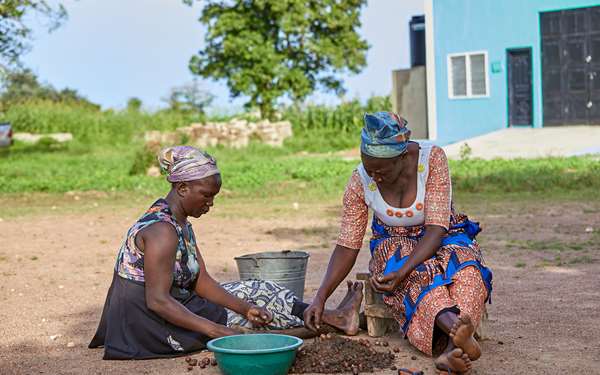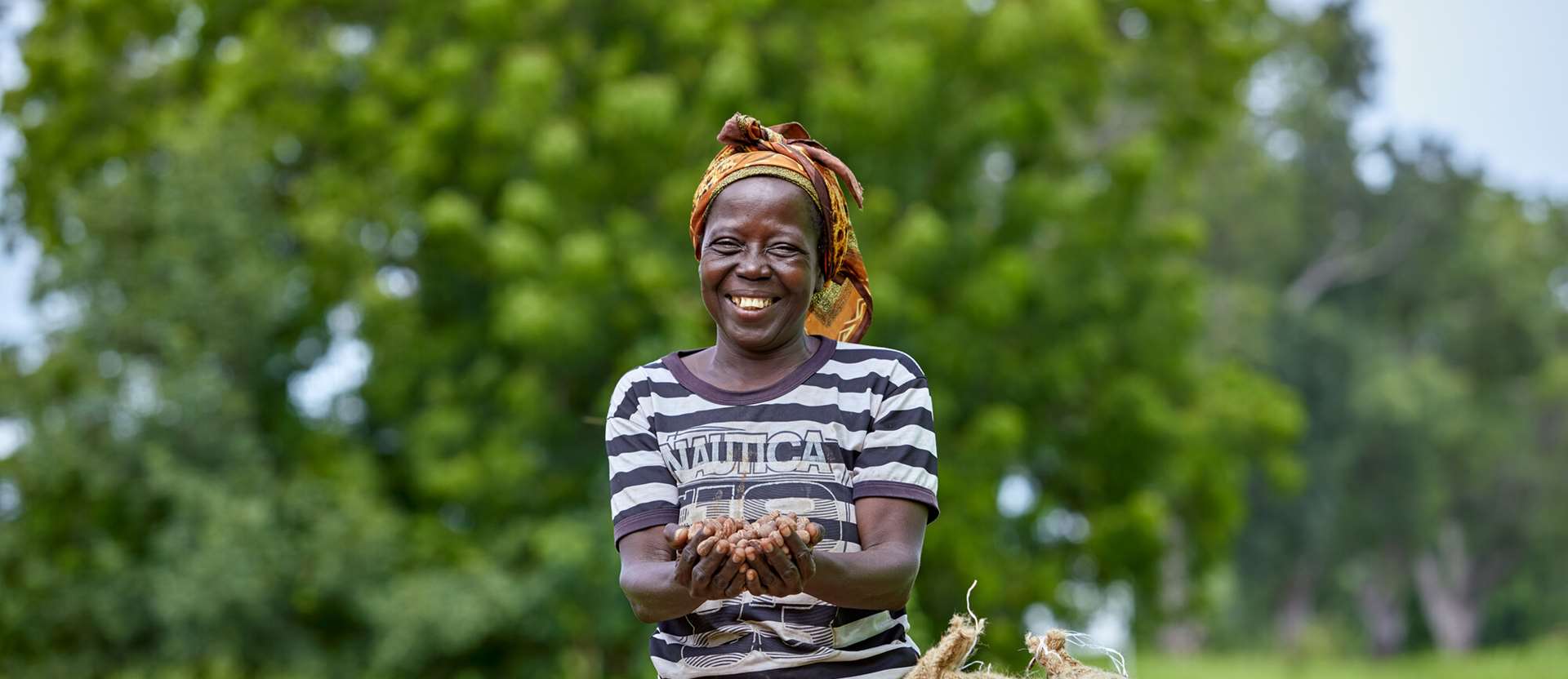
Branching Into business
Find out how we're supporting women to get a fair price for their goods at marketGrowing Leaves For Livelihoods
Women and their tree businesses are integral to Tree Aid’s work. Women are pivotal to efforts to tackle poverty and restore our planet, but we must support them in their endeavours.
Budding female enterprises: from seed to sale
Nutrition gardens provide a great place to bring local communities together, through the planting of trees like baobab and moringa. Through our projects, we worked with local community groups in Burkina Faso to establish 212 nutrition gardens which can be used by 6000 people!
Many of the people we work with on Tree Aid projects are women; training and support provided by Tree Aid invests in women’s creativity, initiative, and marketing of products to help make an idea fly.
Before beginning any Tree Aid project in a new area, we conduct research about local women’s priorities to ascertain what sort of help would be most beneficial to offer. In our work establishing Village Tree Enterprise (VTE) groups in Burkina Faso, for example, the data we collected revealed that a desire to strengthen existing community enterprise groups.
Taking this into account, we focused much of our work here is focused on establishing new Village Tree Enterprises. These are groups which can come together to discuss, learn, and act together on business, from finance management to business planning.
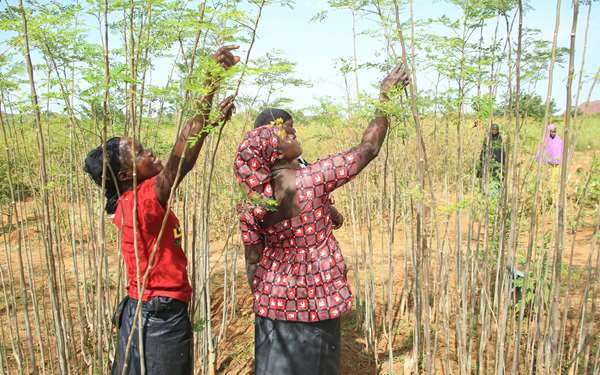
What Are "Village Tree Enterprises"?
VTE groups are particularly important for women, who are historically more affected by poverty and food insecurity than their male counterparts. Women face barriers to develop economic activities such as unequal access to resources and services, so improving rural women’s access to natural resources is a key step in reducing poverty, enabling them to generate their own income.
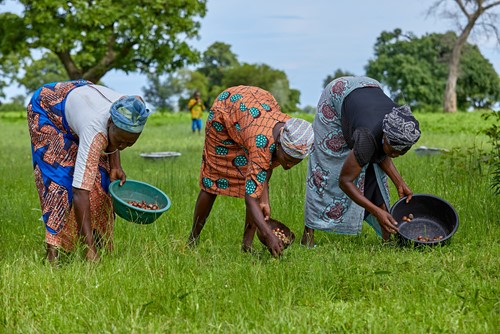
Negotiation and public speaking are a key part of the business training we offer to these VTEs, helping women to negotiate fair prices for their products.
Our project also provide VTEs with warehouses and storage facilities, so that the women who form these groups can store their tree-products too. This means that they can be sold at the optimum time, rather than having to be sold straight away. As a result, they can ride out the fluctuations in market prices and sell their products for the best possible price.
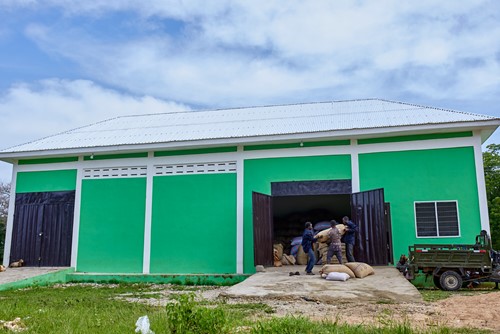
What makes VTEs so special is that they facilitate an environment of mutual support, an empowering network in which women can share ideas and thrive. VTEs provide a cooperative structure whereby incomes are ensured to be shared equally, therefore when women come together in these enterprise groups, they are able to get a fairer price for the items they sell at market.
Since our projects began, we have heard of women from neighbouring areas who have sought out these Village Enterprise Groups, to learn the same skills. A wonderful ripple effect of women supporting women occurs, and it becomes abundantly clear that when women thrive, so too does the wellbeing of the community and environment around them.
Women and the climate crisis
In the Sahel, women are often the ones responsible for ‘gathering and producing food, collecting water and sourcing fuel for heating and cooking’. The effects of the climate crisis – like severe droughts and flooding – make these tasks difficult. Women in Burkina Faso also face a lack of land ownership rights. Even in cases where women have worked on their family land all their life, once married they lose all access. This means that women in the Sahel region have less access to resources compared to their male counterparts, despite intimate knowledge of the land.
Women are integral to restoring the health of the land and the community in the Sahel, and at Tree Aid, we recognise women as cornerstones of ecosystem restoration projects, like the momentous Great Green Wall. Deeply knowledgeable about the land, they play a vital role in adapting and mitigating against the effects of the climate crisis. When given the right support, they can enact long term, sustainable solutions.
